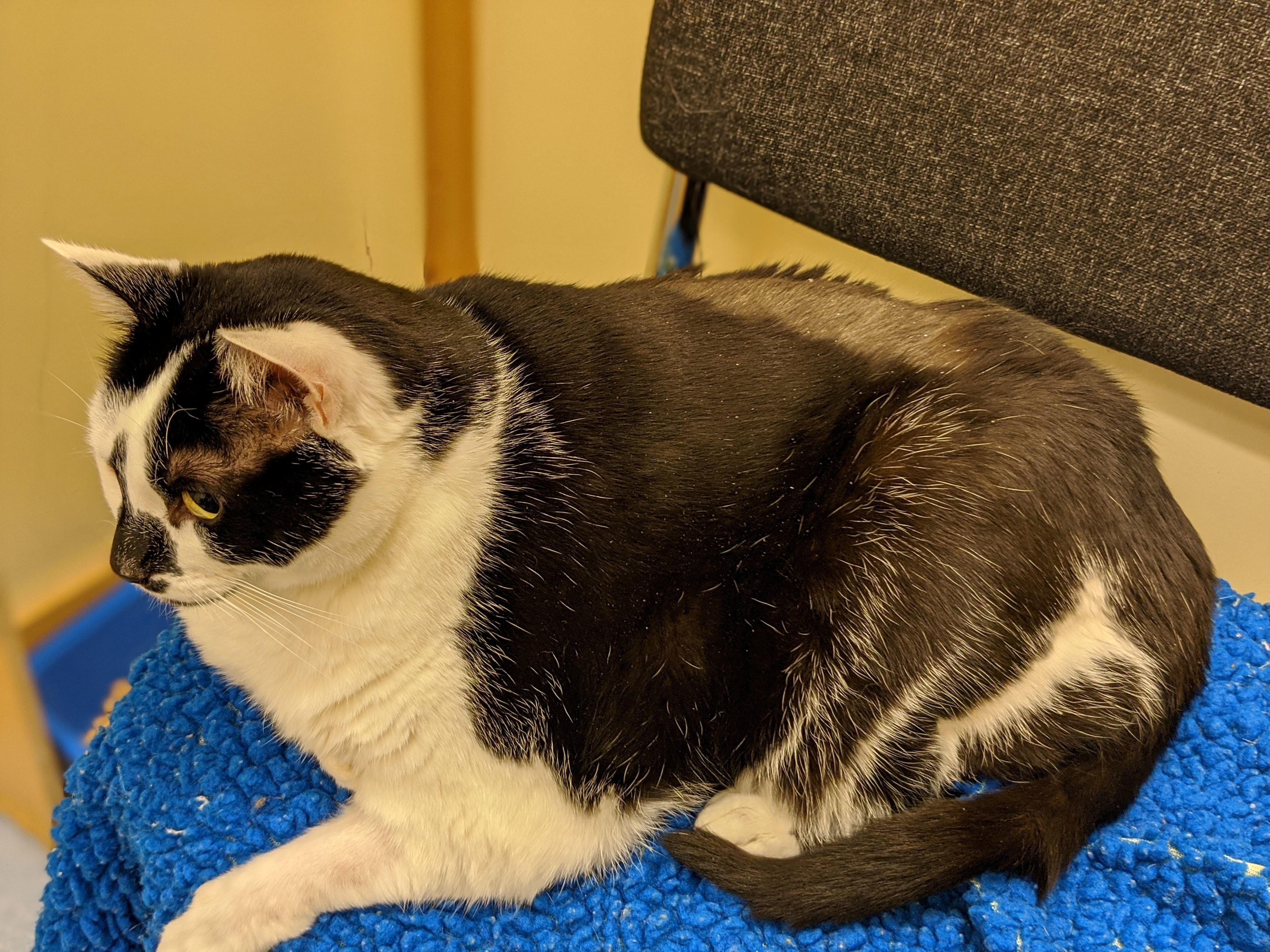12th January 2021
In a survey of over 2,000 cat owners, more than a quarter (28%) said they had overfed their pet since the start of lockdown in March 2020. Over a third (36%) said their cat visited neighbours for a bonus feed and overall, one in five cats (20%) had typically gained between 1 and 2.25 kilos in weight.
This echoes the charity’s CATS report, carried out before the start of the pandemic that highlighted at least 3.2 million owned cats were already overweight.
Maggie Roberts, Director of Veterinary Services for Cats Protection, said: “This survey suggests the extra time we’ve spent indoors with our cats has led to us over-indulging them, which owners did out of love or to make their feline feel like a family member. Sadly we are doing them more harm than good as overweight cats are at significant risk of diabetes, joint problems and urinary infections.
“At a time of year when many of us go on a diet, it’s advisable to ask your vet if your cat needs one too.”

One cat currently on a weight loss regime is Paisley. The five-year-old weighed 10.75 kgs – twice her recommended weight - when she was brought to Cats Protection last year.
After being put on a specially prescribed diet she was adopted by James Frankland, 52, from Hove, East Sussex who has continued with Paisley’s slimming plan. 
“I felt so sorry for Paisley when I first met her, said James. “She was so large she couldn’t move properly or reach around to groom herself. I have a deep love of cats and was determined to help her reach a healthy weight.
“Initially she was following a vet-prescribed diet and I later moved her to normal cat food while sticking to responsible portion sizes. Paisley begged for food most days so I usually bought her off with a catnip toy or a bit more play to help her get more exercise.
“She is now getting used to normal sizes of cat food and has lost more than three kilos. Although she is still two kilos from her ideal weight, she’s already so
much more agile and lively. I have no doubt it’s extended her lifespan.”
Cats Protection recommends owners to:
Further tips for helping overweight or obese cats can be found here.
Ends
Images and video of Paisley and other overweight cats helped by Cats Protection is available here or at https://bit.ly/3bkoFLT
For further information or an interview, please call Cats Protection’s Media Office on 01825 741 911 or email media.office@cats.org.uk
Notes to editors